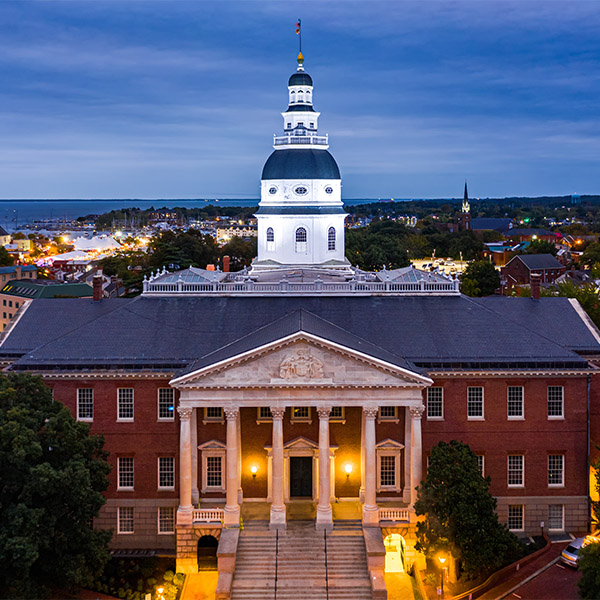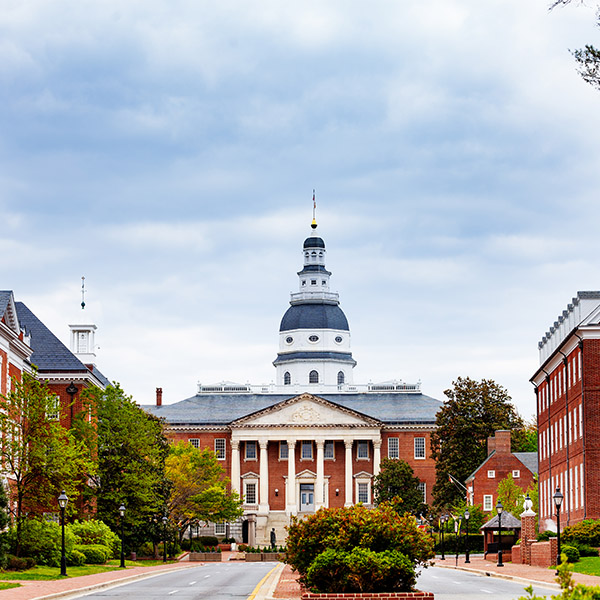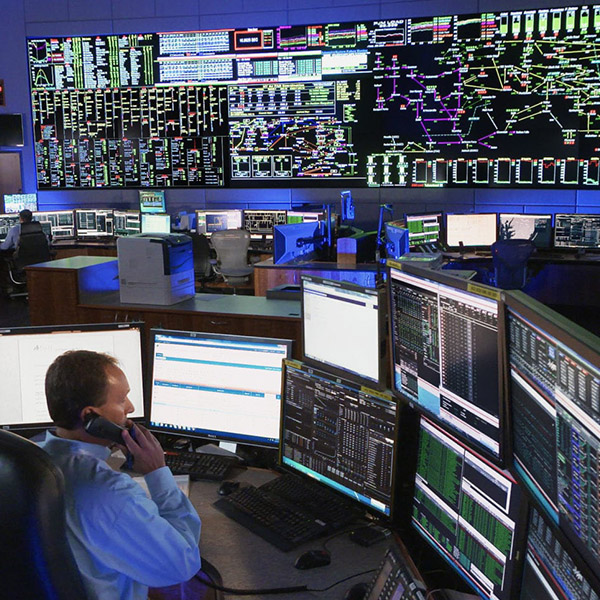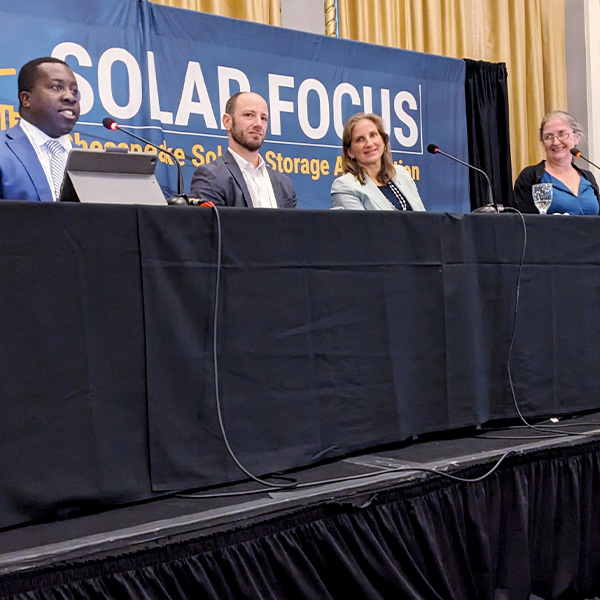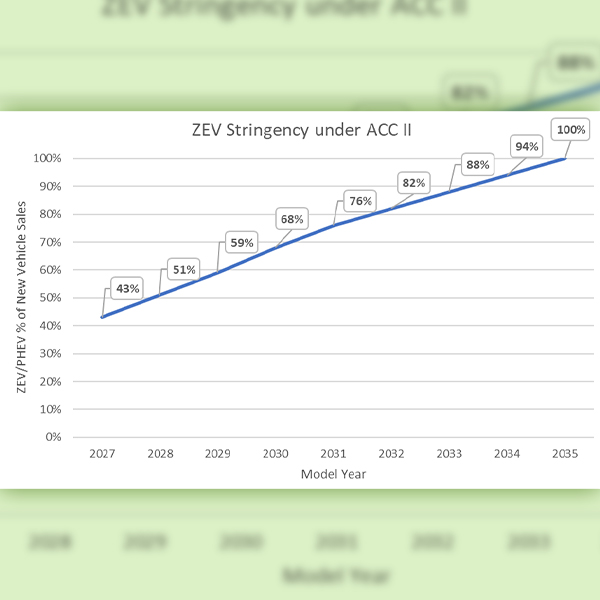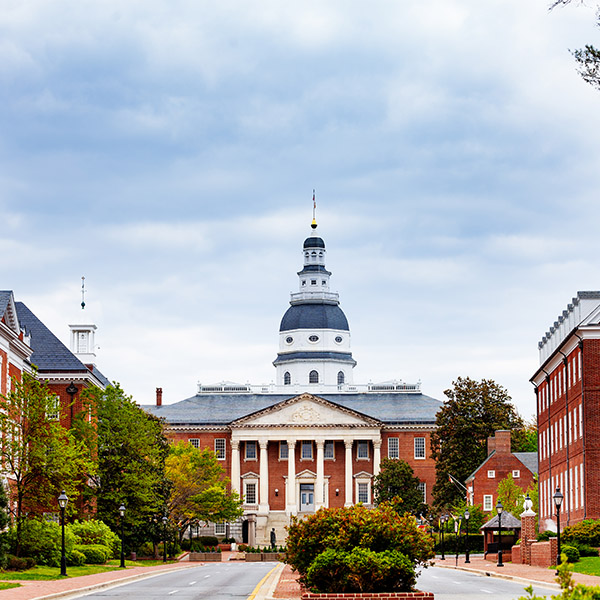Maryland House of Delegates (MD House)
The Utility Transparency and Accountability Act was one of the dozens of bills the Maryland House of Delegates sent it to the Senate as part of the legislature’s “crossover day.”
State energy policy was supposed to be a top priority for the Maryland General Assembly’s 2025 session, but it appears to be taking a backseat to more pressing fiscal matters.
Bills moving forward could introduce voluntary time-of-use rates in the state, disclosure statements about green power and point-of-sale EV rebates.
With Maryland facing rising budget deficits, legislators are focusing on removing barriers to zero-emission technologies, rather than proposing new funding.
More than 70 energy-related laws have been introduced in the first month of the Maryland General Assembly’s 2024 session.
Legislators in five states in PJM have filed similar bills that would require regulated utilities to submit all of their stakeholder votes publicly with state regulators.
Panelists warned that misalignment of technology, regulation and market forces could result in missed opportunities for Maryland to hit its nation-leading climate goals.
Maryland is the eighth state to adopt the Advanced Clean Cars II rule, which will require all new light-duty vehicles sold in the state to be zero emission by 2035.
Consumer advocates, environmental groups and a Maryland lawmaker urged PJM to adopt more transparent decision making processes.
With hours to go until the end of their legislative session, Maryland lawmakers passed a law committing the state to developing 8.5 GW of offshore wind by 2031.
Want more? Advanced Search
